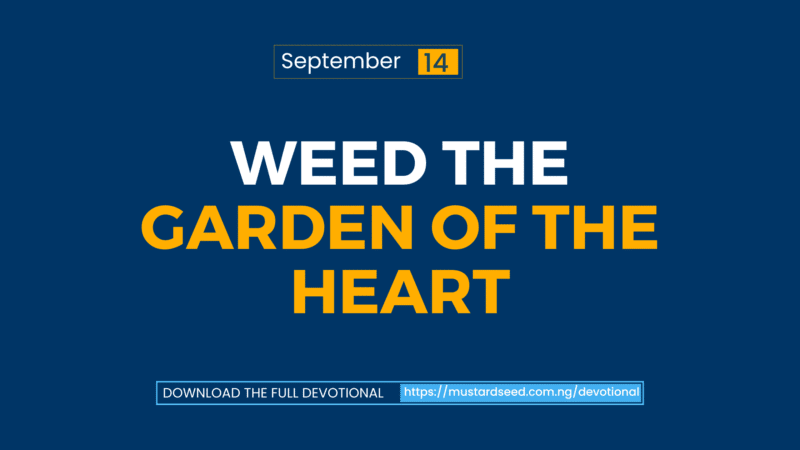Have you ever said something and instantly wished you could pull the words back into your mouth? Maybe it was a sharp comment, a careless joke, or a moment of gossip. James doesn’t hold back-he says if we claim to be religious but don’t control our tongues, we’re deceiving ourselves. Ouch. That’s a strong word, but it gets to the heart of the matter: real faith shows up in the way we speak.
Category: Devotionals
Most of us wouldn’t dare leave the house without checking the mirror. We fix our hair, smooth our clothes, and make sure nothing’s stuck in our teeth. Why? Because mirrors tell the truth. They show us what we need to adjust. James says God’s Word works the same way-it reflects who we truly are, revealing not just how we look on the outside, but the condition of our hearts.
Have you ever sat through a powerful sermon, nodded your head the whole time, maybe even said “Amen”-only to walk away and change absolutely nothing? James calls that self-deception. Hearing God’s Word is important, but it’s not enough. If the truth doesn’t move us to action, we’re just spectators, not disciples. Real faith responds.
Imagine trying to plant a beautiful garden in soil overrun by weeds. No matter how good the seeds are, the weeds will choke them out, stealing nutrients and space. James gives us a similar picture of our hearts. The Word of God is powerful and life-giving, but in order for it to grow and flourish in us, we first need to pull the weeds-the moral filth and sin that crowd our spiritual lives.
In a world where everyone is eager to be heard, James gives us a different challenge: be quick to listen and slow to speak. That’s not just good advice-it’s godly wisdom. So many conflicts, misunderstandings, and regrets could be avoided if we simply paused to listen first. But let’s be honest-this is easier said than done, especially when we feel strongly or want to prove a point.
Have you ever had someone bless you with a gift at just the right moment-a word of encouragement, an unexpected check in the mail, or simply a friend who shows up when you needed it most? James reminds us that every good and perfect gift comes from above. Not some. Not most. Every good thing you’ve ever received is traced back to the hand of your heavenly Father.
Sin doesn’t show up wearing a name tag that says “Destruction.” It often enters dressed as a harmless thought, a small compromise, or a private indulgence. But James gives us a sobering look at the path sin takes: it starts with desire, moves to action, and ends in death. That’s the anatomy of sin-a slow, progressive erosion that begins in the heart.
We’ve all felt it-the pull to do something we know we shouldn’t. Whether it’s lashing out in anger, indulging a secret habit, or crossing a moral line, temptation knocks on everyone’s door. But when we fall, it’s easy to look for someone to blame. “God made me this way,” we say. “If He didn’t want me to fall, He could’ve stopped me.” James confronts that head-on: It’s not God’s fault.
Life can feel like a marathon some days, can’t it? The kind where your legs are tired, your heart is pounding, and quitting looks more appealing than finishing. James knows what it means to run a hard race. That’s why he reminds us: Blessed is the one who perseveres under trial. The blessing isn’t just in surviving the hardship-it’s in staying faithful through it.
On a warm spring day, wildflowers bloom with stunning beauty-vibrant, fresh, and full of life. But let the sun rise higher and hotter, and before long, those same flowers are wilted and gone. James uses this vivid image to describe the reality of wealth: it’s here today, gone tomorrow. Money and material success may look dazzling in the moment, but they can’t stand the heat of life’s trials-or the certainty of time.









